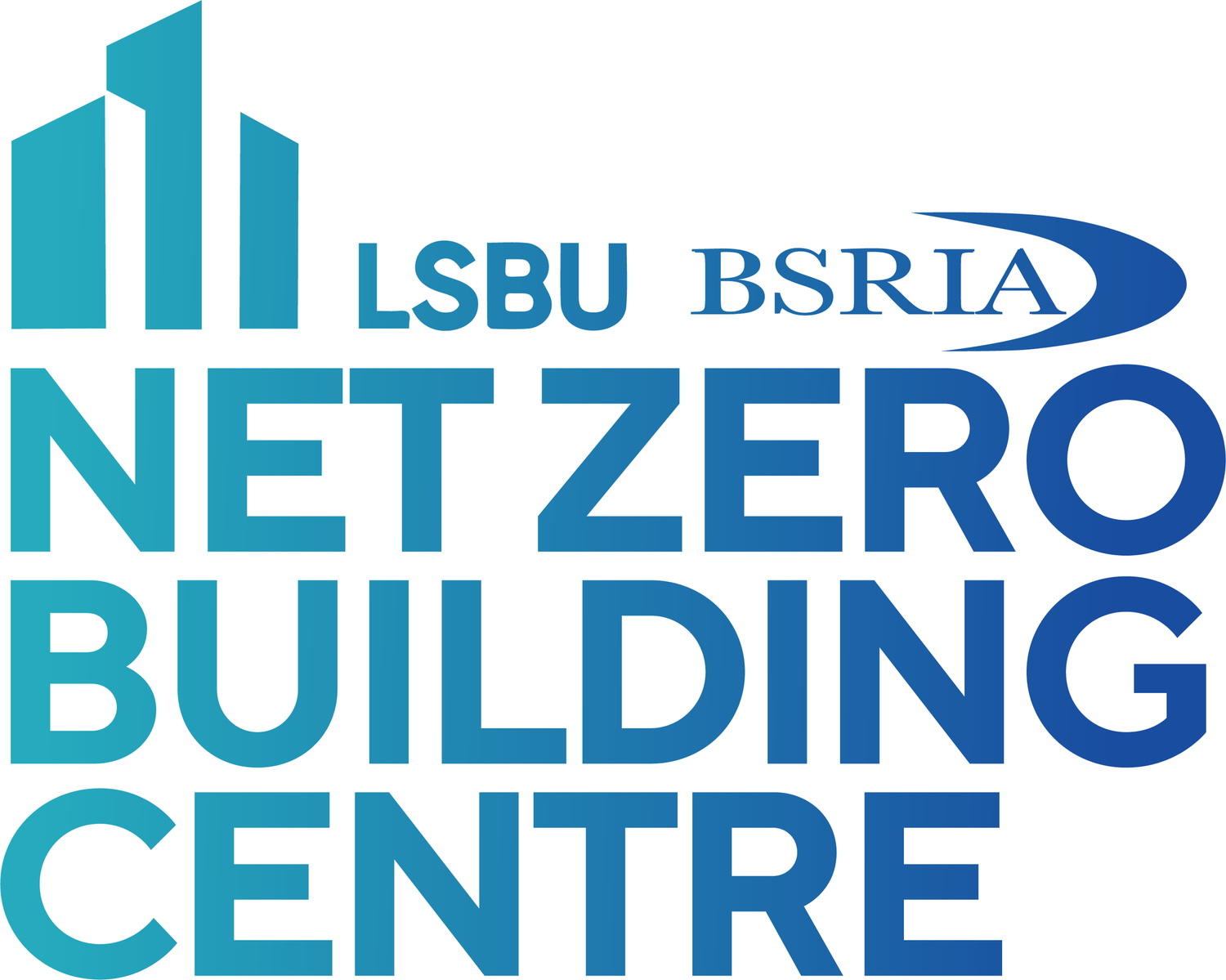Life Cycle Costing - Theory and Practice
Learn about fundamental and advanced applications of evaluating combined capital & operating assets and project costs for buildings.
Overview
Life Cycle Costing enables asset managers, project sponsors and delivery teams to evaluate the combined capital and operating costs of different ways of managing built assets and delivering construction projects. Assets can range from entire estates down to specific systems and components and projects can range in size from small plant replacements, to major refurbishment and new-build works. But the same life cycle costing principles must be applied in each case.
Life Cycle Costing is part of the best-value assessment required by Treasury guidance and also helps projects gain BREEAM credits.
This course takes delegates from the very basics of Life Cycle Costing, through to advanced applications of the technique in realistic situations.
There is an option to attend Day 1 only, which will explain the basics and give delegates an appreciation of what life cycle costing can do.
Who should attend
This course is aimed at clients, facility managers, designers and contractors who need to calculate life cycle costs to help make better decisions regarding new-build projects, refurbishment projects and building maintenance.
The course will help those commissioning life cycle cost studies to understand what their life cycle costing consultants have reported back to them. It will also help product manufacturers to calculate the life cycle costs of their products against generic competitor offerings.
Learning aims
Day 1:
Learn what Life Cycle Costing is.
Find out what sources of information are available for activity costs and component life expectancy.
Understand the Net Present Value technique for calculating life cycle costs for both one-off and recurring costs.
Day 2:
Understand the complexity of sensitivity analysis, including the limits of what can be calculated without advanced statistical techniques.
Develop a deeper understanding of how life cycle costs can be interpreted and used to prioritise projects within limited budgets and calculate forward expenditure predictions.
Who should attend
This course is aimed at clients, facilities managers, designers and contractors who need to calculate life cycle costs to help make better decisions regarding new-build projects, refurbishment projects and building maintenance.
The course will help those commissioning life cycle cost studies to understand what their life cycle costing consultants have reported back to them. It will also help product manufacturers to calculate the life cycle costs of their products against generic competitor offerings.
Course content
Day 1:
The concept of life cycle costing
Setting the scene for the life cycle costing models
Project timelines. Net Present Values for one-off costs
Cost categories and sources of information. Net Present Values for recurring costs
Component life expectancies
Day 2:
Dealing with uncertainty with data
Advanced LCC techniques
Interpreting the results of LCC calculations
LCC tools to calculate life cycle costs
Lecturer
Peter Tse
Peter joined BSRIA in 2009 to provide guidance and consultancy services to help the industry design and operate better performing buildings. Peter is an expert in Life Cycle Costing and has authored BSRIA publications on the subject. Read Peter's full profile.
Course details
1 or 2 day course
6 or 12 CPD hrs
BSRIA Certified Course
Delegates will be provided with a complementary copy of the BSRIA Guide BG 67/2016 Life Cycle Costing.
Please be advised this course requires a minimum of 5 delegates. Should we receive fewer bookings, BSRIA reserves the right to amend your booking to the next available date.

